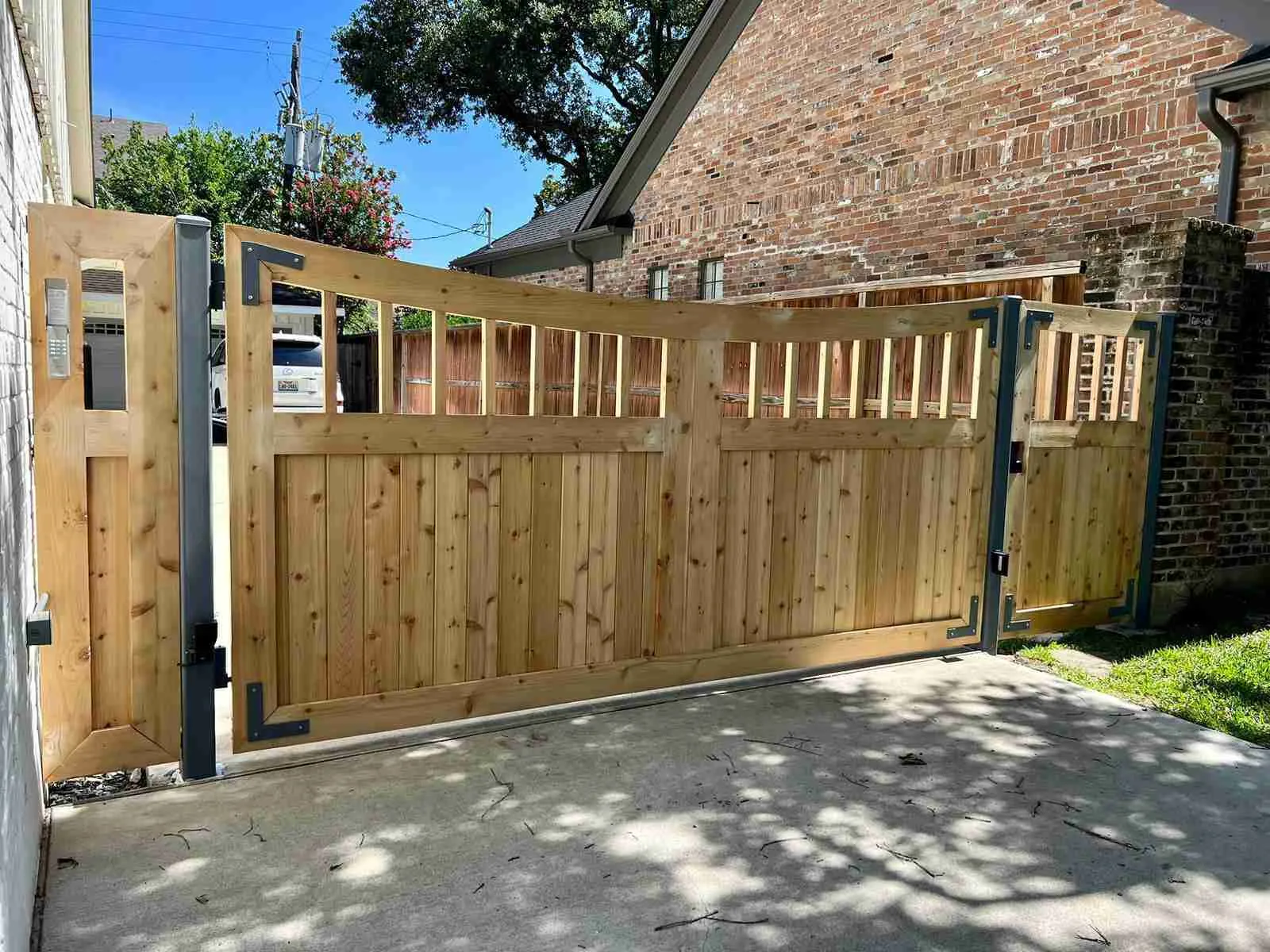On a crisp October early morning, leaves turning the colour of the rainbow and pumpkin patches filled with pumpkins awaiting youngsters to change them into Jack-O-Lanterns, 1000’s of dad and mom, little ones, and grandparents would flock to Schartner Farm in Exeter.
They’d probably discover the residence-cut French Fry stand, and inside freshly baked pies, handmade jams and newly picked apples of each individual wide range, contemporary greens and fruits, and an array of Mums.
But that was all a handful of years in the past, prior to the 150-acre farm shut when a hearth partially destroyed its main creating in 2015, leaving fields that once produced corn and strawberries, pumpkins, and substantial variety of veggies, to go fallow. The farm was established additional than a century ago, in 1902.
Farm buildings ended up remaining at the rear of decaying, greenhouses in disrepair, and nearby inhabitants fearful that the land would develop into a strip mall, the likes of which are found only in Rhode Island’s far more urban spots.
On Wednesday, the Exeter City Council will keep a public hearing on a proposal for a zoning alter that will permit for the growth of a substantial-tech farm, with big parking locations for vehicles, a building the sizing of the Warwick Shopping mall, and a 13 acre solar farm.
Some in the neighborhood are fearful the council will approve the zone alter and a project that will endlessly transform the character of the land, and perhaps the group. Other individuals see it as offering a wanted food items supply, earning the home successful again.
The zone adjust, proposed by Richard Schartner of RI Grows, would create a Managed Environmental Agricultural Overlay District that, according to the town’s public listening to see “would contain eligibility and method requirements for creating Managed Environmental Agriculture (“CEA”) services which provide a managed setting for 12 months-round creation of meals and vegetation applying a combination of engineering, plant science, and computer managed greenhouse handle systems to enhance plant escalating methods, plant high-quality and manufacturing effectiveness. The “CEA” facilities would also incorporate onsite photo voltaic electrical power as a ‘by-right’ accessory use to the main CEA agricultural facility.”
In other text, substantial-tech greenhouse that are driven by technologies, a setting up that would reportedly be 35 toes large and deal with 20 acres, driven by photo voltaic electricity.
The council’s community hearing is becoming held at the Metcalf Faculty and begins at 6:30 p.m. on Wednesday.
In June, Rhode Island Grows broke ground for a 25-acre indoor tomato farm on Schartner Farm. At the time it was reported, the farm would have hydroponics engineering, run by solar electrical power, making use of recycled rainwater.
According to the RI Division of Environmental Management, the tomato farm facility would expense $57 million and acquire 8 months to develop, make 14 million lbs . of tomatoes, and employ 80 individuals. DEM mentioned it is only the initially stage of the $800 million job that will ultimately insert 10 greenhouses over the future ten years.
“As industrial agricultural in other areas of the region and central The us have squeezed out neighborhood farms, this self-adequate facility will help the Schartner spouse and children to continue their century of farming in Rhode Island with a further 100 years,” the DEM explained in a statement.
Opponents of the proposed zone that would allow the new superior-tech farming, are worried that the process is more producing than farming and “since a CEA (Controlled Environmental Agriculture) does not will need farmland, should really a substantial CEA be positioned on a farm when preserving what’s left of Rhode Island’s farms is critical?” wrote Megan Cotter of the Exeter Democratic Town Committee.
“The venture would negatively effects the scenic attractiveness of Route 2 and disrupt the quality of existence for all in the vicinity,” she wrote. Cotter emphasised she’s not opposed to substantial-tech farming but feels it is far more correct in industrialized locations.
Another Exeter resident, Asa Davis, who owns much more than 100-acres in town, is a strong proponent of the venture.
“If you seriously want to maintain items like normal sources for long term generations, you don’t use them,” Davis wrote. “Traditional agriculture can dress in land out, and uses a great deal of drinking water, fertilizer and pesticides. The 1930’s Dust Bowl in the Midwest was gentleman-produced, not a organic event. If we want to protect water and farming methods for long run generations, CEA seems to be like a fantastic alternative. The greenhouse is massive, but it is received a dirt ground. If it doesn’t do the job out, it wouldn’t be hard to clear away it and revert to conventional farming – nowhere in the vicinity of the cost or hard work of taking away a browsing mall.”






More Stories
Common Mistakes To Avoid While Choosing Bolt Manufacturers
Computer and Technology Today
The Reasons Agriculture is Important